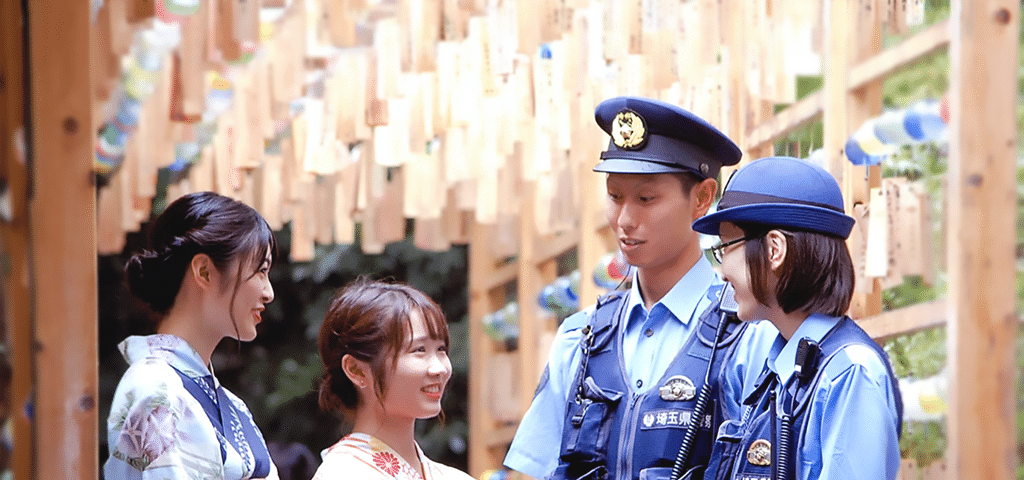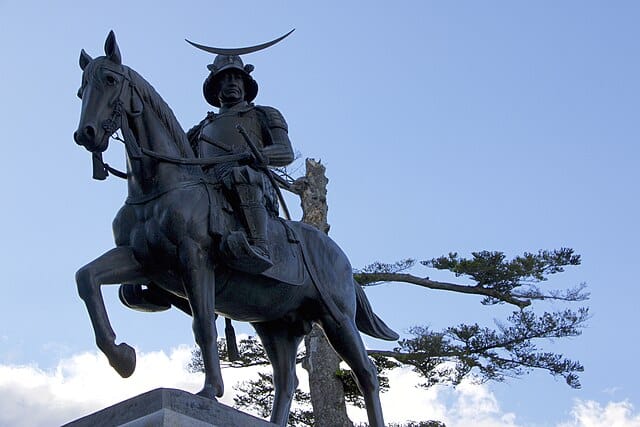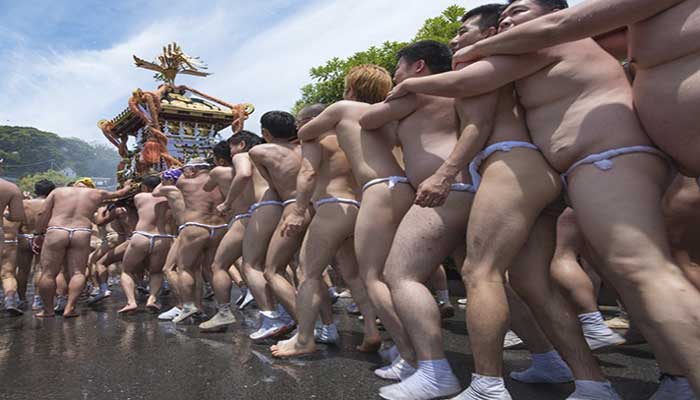Japan Story: The Real Kindness of Japanese People
Japan is called the Earth-Heaven. Right? But Why? Why not Europe, America, Australia, or any other country in the universe? OK. I am coming in with details. This is my real-life story in which I found the answer to the question“Why Japan is called the Earth-Heaven?” I have a real-life Japanese story. That has in three times in my life.
Japan Story 1:
I grew up in a small city in Bangladesh. For higher study, I came to an evergreen city called Sendai, Miyagi Prefecture, Japan. I don’t know Japanese, so I have to believe in people doing anything. I was living in Nagamachi, 20 minutes far away from the Subway from Sendai City. I usually used a Pass Card to pay the fare for the Bus and Subway together. One day I lost my Pass Card at the bus stop.
I never thought that I would get back my Pass Card. I was so surprised because, on the Pass Card, there was no evidence except my name. So, how they can find me, and why did they do so huge searches to find the real owner of that Pass Card? Then, I realized that this feeling comes from kindness to all humanity even for a small insect. From that day, I feel happy and try to believe all Japanese people.

Japan Story 2:
This event made me strongly believe in Japanese People. One day, I went to the Kakubancho area in Sendai City for shopping. Suddenly, I lost my wallet in which all the important Cards like Bank ATM card, Credit card, Student card, Residence card, Health insurance card, and Cash of 101000 Japanese yen was there. So, I was so sad and even I could not move a step. I didn’t know what I should do then. I thought I would not get back that because there were all the important things with some Cash. Then I went to the Police Station to talk with them about my situation.
I called them through the Calling Button in the Police Booth. The Police asked for my name and other details and said they were coming to meet me. I don’t know what is happening. I lost everything and the police are coming to arrest me? or any other things? Then, the Police came and asked my name, “Are you, Biswas Raman Kumar?” I replied, Yes, I am. Then they said we found your wallet please come to the police station.
A senior lady is waiting there. I felt relaxed. Then, we went to the Police station and met with a kind lady. The Lady brings luck to me. I bowed the kind over 70 aged women. She looks so anxious and worried. But, I did not ask her why she looked so anxious and tensed. Later, I asked about that. She replied, “When I got the wallet on the street, my hands were cramping and my heartbeat was going faster and faster. I was so worried about the person who lost his wallet. Then I (the woman) called the police.” Hearing her speak in such a way, I was totally surrendered, and my whole respect I pour on her. From that day, I find the real kindness of Japanese people to all human beings irrespective of race and custom.
Japan Story 3:
Japan is a very safe and secure country even for a baby. If someone lost something, he/she must get back, guaranteed! Because I lost the apartment- key on the street. There was no name, no evidence on that key just for Room No B-105 and the color of the Key-tag was Blue.
Finally, I got an email your key has been found, please come to bring that. I was very surprised. How is it possible? I believe the people of Japan are so caring and so sincere in all matters of daily life. Hence, Japan is safe to live. So, I love Japan and the Japanese People. Living in Japan is fantastic and it is really an Earth-Heaven for the human being.
The story of Japan itself from the historical perspective.
Japan, known as the Land of the Rising Sun, is a country that effortlessly weaves together ancient traditions and modern innovation. Its story is one of resilience, transformation, and unparalleled cultural richness.
Founded in the 7th century
The history of Japan dates back thousands of years, with its origins shrouded in myth and legend. According to ancient Japanese texts, the country was founded in the 7th century BCE by Emperor Jimmu, who is considered the first emperor of Japan. Over the centuries, Japan developed its own unique culture, heavily influenced by its proximity to China and Korea.
Japan Story in Heian period (794-1185):
One of the most significant periods in Japanese history is the Heian period (794-1185), which witnessed a flourishing of art, literature, and the refinement of courtly culture. It was during this time that the world-renowned novel “The Tale of Genji” was written by Lady Murasaki, showcasing the sophistication and elegance of Japanese society.
Japan Story in the Kamakura period (1185-1333):
In the following centuries, Japan experienced a series of feudal eras, with powerful samurai clans vying for control. The Kamakura period (1185-1333) saw the rise of the samurai class and the establishment of the shogunate, a military government that held power for centuries. This era also saw the emergence of Zen Buddhism, which greatly influenced Japanese culture and aesthetics.
Japan Story in the Arrival of Europeans:
The 16th century brought a period of profound change with the arrival of Europeans, most notably the Portuguese. The Portuguese introduced firearms, Christianity, and new trade routes, which had a significant impact on Japan. However, internal power struggles and concerns over foreign influence eventually led to the isolationist policy of sakoku, which lasted for more than two centuries.
Japan Story in the Edo period (1603-1868):
The Edo period (1603-1868) marked the beginning of Japan’s isolation from the rest of the world. Under the Tokugawa shogunate, Japan experienced a long period of peace and stability. During this time, the samurai class became bureaucrats, and the arts, including kabuki theater and ukiyo-e woodblock prints, thrived. It was also a time of rapid urbanization, with Edo (now Tokyo) becoming one of the largest cities in the world.

The 19th century:
In the 19th century, Japan once again opened its doors to the world, influenced by the Western powers’ advancements. The Meiji Restoration in 1868 led to the dismantling of the feudal system and the modernization of Japan. The country rapidly industrialized, embracing Western technology, education, and institutions. The Meiji era saw the establishment of a constitutional monarchy and the emergence of Japan as a major global power.
The early 20th century:
However, Japan’s ambitions led it down a path of imperialism in the early 20th century. The country engaged in territorial expansion, ultimately leading to its involvement in World War II. The war ended with the devastating atomic bombings of Hiroshima and Nagasaki in 1945, leaving a lasting impact on Japan and the world.
In the post-war era:
In the post-war era, Japan underwent a remarkable transformation, rebuilding itself from the ashes of destruction. With a strong focus on economic development, Japan experienced rapid growth and became an economic powerhouse. Industries such as automobiles, electronics, and robotics flourished, solidifying Japan’s reputation for technological innovation.
Today, Japan:
Today, Japan is renowned for its unique blend of tradition and modernity. It is a country where ancient temples stand alongside towering skyscrapers, and where traditional tea ceremonies coexist with cutting-edge technology. Japan continues to captivate visitors with its exquisite cuisine, vibrant pop culture, and breathtaking natural beauty, from cherry blossoms in spring to snow-capped mountains in winter.
The story of Japan is one of resilience, adaptability, and an unwavering commitment to preserving its rich cultural heritage.
